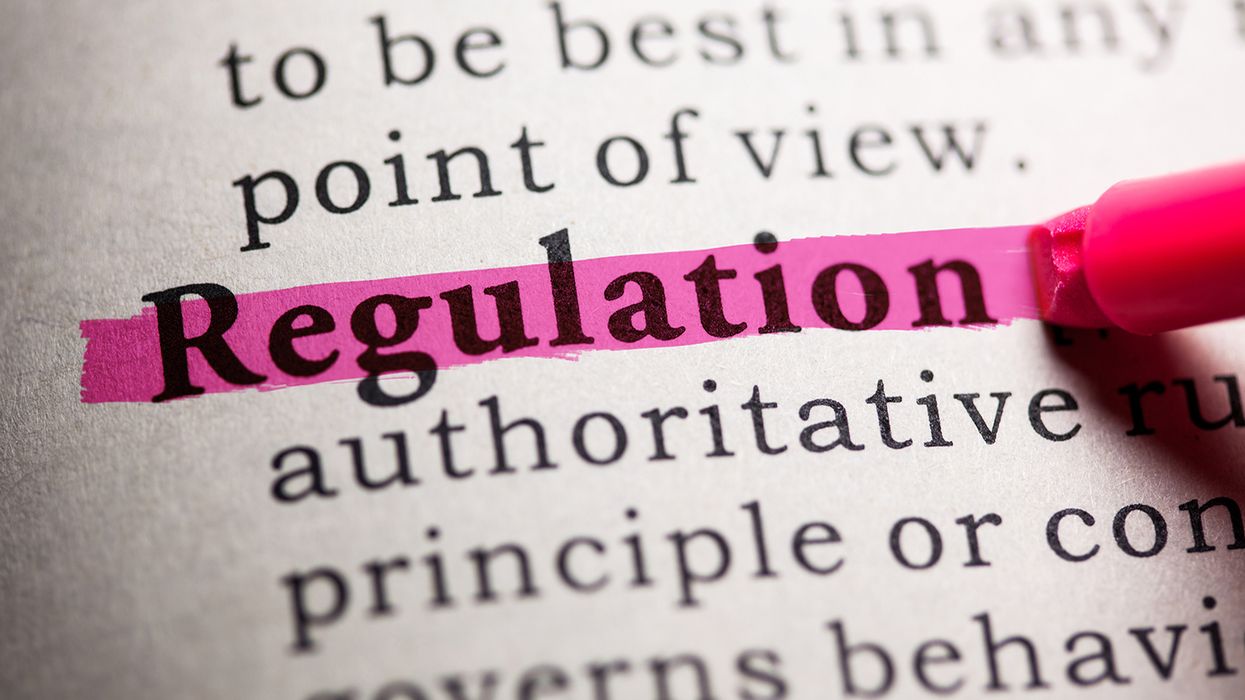Employee filled out an FMLA certification, but prevailed in court
A certification supporting the need for leave under the federal Family and Medical Leave Act (FMLA) is an employer’s best friend when trying to determine if an employee’s leave is for a qualifying reason. If an employee admittedly completes the section that health care providers do, employers have some options. One of them should not be swift termination, as one employer learned.
A certification debate
Daniel was the city’s assistant attorney. He took FMLA leave in May 2020 to care for his mom, who had a medical condition. In November 2021, Daniel again requested FMLA leave for the same reason.
The city’s HR department asked Daniel for an FMLA certification. Daniel completed the certification form himself, including the section that doctors are supposed to fill out. He did so based on the certification information from the prior year and his knowledge of his mom’s condition.
When Daniel took his mom to a medical appointment, he gave the certification form to Scott, the RN, for his signature. They did not see or talk to the doctor that day.
Daniel told Scott that he needed an FMLA form completed for his employer and explained that he had filled out the entire form. Daniel said if any changes were needed, Scott should make them. Scott asked Daniel where he should sign.
Daniel faxed the form to his boss, Andrew, as well as to HR. Nancy, Andrew’s administrative assistant, told Andrew that it looked like Daniel filled out the doctor’s section of the form. Nancy contacted Scott to confirm Scott’s signature. Nancy also told Andrew that Scott said that, when he signed the form, Daniel had told him that he needed a work excuse signed; that Scott didn’t know that he was signing something regarding family medical leave.
Andrew asked Daniel about the form and whether he had deceived Scott into signing it. Daniel admitted to filling out the form, but denied tricking Scott. Daniel also offered to have another certification completed by the doctor. Despite this, Andrew fired Daniel, and Daniel sued.
The lawsuit
In court, Andrew argued that he was allowed to contact the doctor before giving Daniel a chance to cure the form, because he was authenticating — as opposed to clarifying — the form.
The court disagreed, ruling that Andrew should have allowed Daniel a chance to fix the certification. It noted that Andrew didn’t explain why Daniel couldn’t have provided a second certification. Andrew argued that the certification was “incurable” because Daniel improperly filled it out. Nope, said the court. The curing requirements apply even where the alleged deficiency is about who filled out the certification.
Andrew then argued that Daniel’s claim failed because the certification was fraudulent. Again, the court disagreed. A fraud investigation does not shield employers from the certification cure requirement. Daniel’s actions were fraudulent only if he intended to deceive his employer, and the facts didn’t support this. Whether Andrew’s belief in Daniel’s dishonesty was reasonable and whether those beliefs were the real reason for his decision to fire Daniel was ultimately a question for the jury.
Daniel v. City of Martinsville, VA and G. Andrew Hall, Western District of Virginia, No. 4:23-cv-00028, June 5, 2025.
Key to remember: Even if employees complete a certification, employers must give them a chance to cure deficiencies before contacting the doctor to verify that the information was completed and/or authorized by the doctor who signed the document.



















































